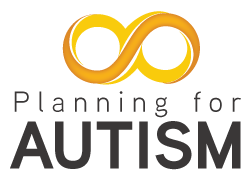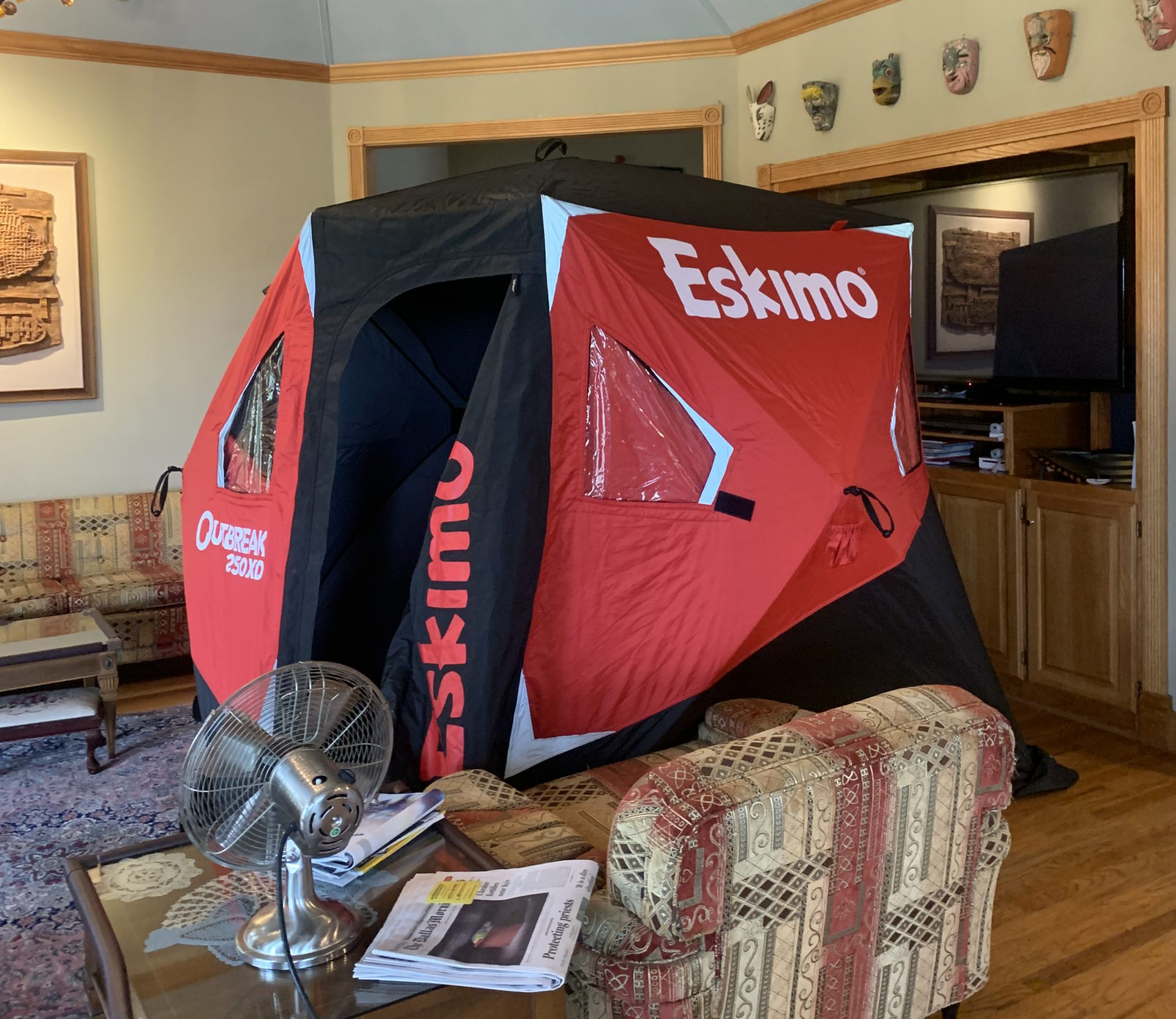About These Training Modules
Community members frequently interact with visitors who face communication and participation challenges. Universal design for learning (UDL) principles can help visitors navigate situations where effective communication is essential. UDL focuses on creating inclusive educational materials for instructional settings and optimizes teaching and learning for people with many levels of ability including differing literacy levels, preferred languages, and cultural practices.
The three pillars of UDL are to provide multiple means of engagement, representation, and action and expression. When UDL-designed supports are used in community settings, individuals with and without disabilities encounter more opportunities for communication and participation. Using family-friendly information and signposting, the practice of encouraging uniform ways of presenting instructional materials across environments, is a vital aspect of community education.
Current neurodivergent rhetoric advocates for inclusion and embracing differences rather than curing them or making them appear typical. When changes are made for a small number of people, they highlight differences and can make a person more separated instead of connected. Instead, UDL embraces differences and encourages accessibility for all. The Planning for Autism in Communities and Schools program is a sustainable approach to promoting participation for people impacted by ASD in community settings and schools. To accomplish this, we have created a curriculum to support autistic learners as they navigate these places. Our curriculum relies heavily on UDL to help learners master their objectives.
Students participating in the Planning for Autism in Communities and Schools program have benefitted from the UDL principles of multiple paths to engagement, representation, and action and expression. By embracing the concepts of UDL, community members can have a recipe for success when creating visitor programming that advances inclusion and provides opportunities for participation in the community.
Recognizing that all community members have learning preferences and differences, we have provided you with multiple ways to learn about community participation considerations when planning for visitors with autism. We’ve also included a few ways for you to gauge your knowledge on the topic – to show what you know!












